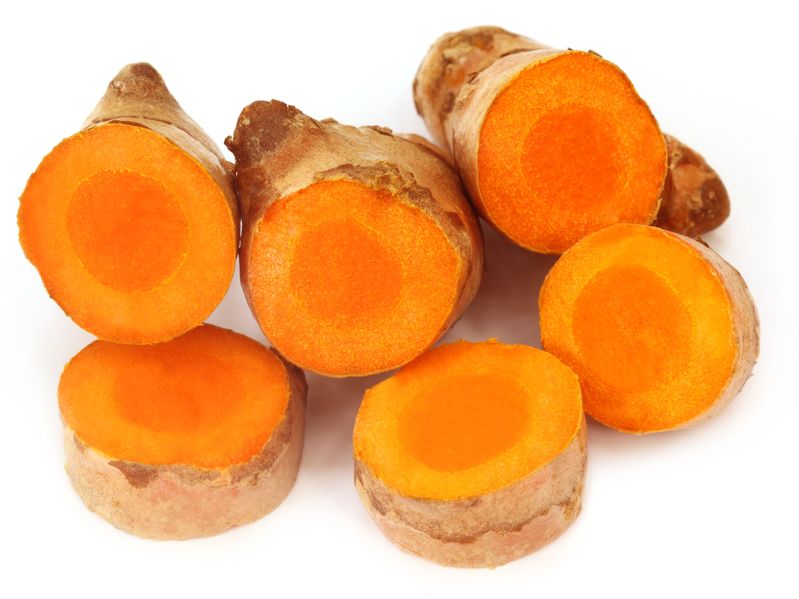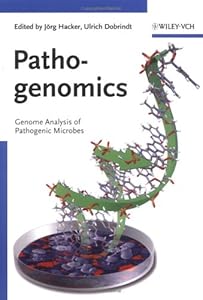The Aging Brain and Curcumin
The Aging Brain and Curcumin
As we grow older so does our brain. This is a natural phase of life and everyone goes through it at some point. All human beings tend to develop a reduction in cognitive ability as they continue growing up. In fact, research has shown that these changes start occurring as early as when an individual is in their mid-twenties.
The changes in brain functioning are characterized with conditions such as forgetfulness, loss of focus or ability to maintain it, a decline in capabilities of problem solving among others. You probably have an older relative or friend and you haven’t failed to notice some of these conditions in them. These changes occur as one grows older and are inevitable although some of them are not normal aging factors.
We all want to remain young forever due to the factors associated with old age. If only that was possible. None of us wants a situation where they start forgetting every little thing that happens or is said to them. That is life and it was meant to happen in stages and old stage is just but one phase of life.
With brain aging often comes serious cognitive conditions such as depression, dementia, stroke and Alzheimer’s disease. On the brighter side, relax; I will show you an easy and natural way of keeping that brain healthy even when you are old. Research has come up with a natural solution to ease and prevent brain aging conditions. The secret is curcumin. It has been shown to be a very good remedy for that aging brain.
So what is Curcumin?
It is basically an active substance found in turmeric and also in limited potions in ginger. It is responsible for the yellow color of turmeric. Turmeric is a spice most commonly found in Indian foods. It is also part of the main components of curry powder. Past studies have shown that turmeric can help ease symptoms of pain and inflammation in diseases like rheumatoid arthritis and osteoarthritis. Compounds such as curcumin in turmeric have medicinal functions. For one it helps in stopping the growth of certain types of tumors. Some studies have also shown that it can stabilize cancer that was not helped by other forms of treatments. It is therefore not surprising that this active ingredient can help the brain as it is aging.
It would be argued that curcumin is the perfect daily dietary supplement. However, not everyone would enjoy a daily taste of curry in their food. Routine is sometimes boring and people prefer doing different things every day, like not eating the same thing from the beginning of the year to the end. However the healthy benefits of turmeric would encourage you to enjoy that meal spiced with curry on a daily basis. As this is not possible, it is advisable to take small supplements of turmeric either on its own in food as you cook or in the different curry dishes. The good news is that there are now pills containing a small percentage of curcumin. So if you don’t want to eat carry every day, at least take a pill supplement once in a while.
How Curcumin Helps the Aging Brain
The most common known cause of cognitive decline and age related diseases is oxidative stress and inflammation. Naturally the brain consumes about 20% of the oxygen that is used by the whole body. It is therefore very much susceptible to damage due to oxidation stress. As people grow older there is an increase in the level of oxidation damage of lipids and DNA in the brain which leads to the death of neurons in the brain. Oxidative stress has been linked to conditions such as mental impairment and Alzheimer’s disease. This is why such conditions are common as people grow older.
So how does curcumin come in? Various studies conducted show that the active turmeric ingredient protects brain tissues against oxidation stress by enhancing the production of an enzyme called heme oxygenase-1. This enzyme helps protect the tissues from destruction of the neurons that have been exposed to oxidation stress in the brain. Traumatic injury in the brain is also a cause of oxidation stress leading to cognitive inabilities. Curcumin helps reduce this stress in the brain.

Curcumin has also been proved to work as an anti-depressant. The condition is very common as brain ages and it can be quite stressful and in some cases lead to severe brain conditions such as memory loss, decline in decision making and mental dysfunction. Depression is linked with reduced levels of brain activity as well as shrinking of the brain area responsible for memory and learning. Taking turmeric in your food had been proved to boost brain neurotransmitters. This will lead to a reverse of the changes that occur in the brain when one is depressed.
Regular dosage of curcumin will also help the aging brain by lowering the chances of getting dementia. Dementia leads to a reduction in cognitive ability of an individual. The condition can be so severe that it completely affects the daily functioning of an individual and social life. The most common condition associated with dementia is memory loss. Studies show that loss of memory often begins at the age of 50. However, by the time people hit 80, they have completely fallen into some state of dementia where memory loss is now severe.
When memory loss starts, it may lead to depression as on feels they do not belong. Their life is completely changed and always to the negative. This condition typically affects the elderly but it’s not part of normal aging. It is often in most cases results from the Alzheimer’s disease. Drugs prescribed only improve the symptoms and slow them down but they do not cure dementia. Studies conducted have shown that curcumin works in preventing dementia by protecting aging brains from decline in mental ability.
Often make it a habit to take Curminin in your meals. It’s not only useful for the aged but also necessary as people grow older. Taking it regularly will help your brain as you grow older and you may prevent even those aging symptoms from occurring at all. Take change and remember a small dose of curcumin a day, keeps the brain awake and kicking.
AwareMed is the best place to learn all you need to know about how to manage the aging brain. You will also get more expert opinion about this from Dr. Dalal Akoury who has a wide experience on this and other health matters.
The Aging Brain and Curcumin














 Weight Loss Wellness Retreat AWAREmed .
Weight Loss Wellness Retreat AWAREmed .





















